In a revealing interview with CBC’s As It Happens, two Illinois National Guard members—Capt. Dylan Blaha and Staff Sgt. Demi Palecek—voiced strong opposition to deployment orders that would send troops into Chicago to suppress protests against President Donald Trump’s ongoing immigration-enforcement campaign. The case underscores rising dissent within the National Guard ranks as the federal government seeks to use domestic military forces for law-enforcement purposes.
Under normal circumstances, National Guard troops assist in disaster relief, humanitarian operations, or overseas combat missions. However, Trump’s decision to deploy the Guard in several Democrat-led cities—including Los Angeles, Memphis, Washington D.C., Portland, and now Chicago—marks a rare use of federal authority. The move is currently paused pending a U.S. Supreme Court ruling on its legality.
Capt. Blaha, who is also running for Congress as a Democrat in Illinois’s 13th District, told host Nil Köksal that he would refuse to deploy if ordered. “I never, never expected that I would be deployed against my neighbours, against my community,” he said. Blaha argued that turning troops against American civilians would violate the Guard’s humanitarian principles and erode public trust.
Staff Sgt. Demi Palecek, also a political candidate and community organizer, expressed similar defiance. As a Mexican-American Guardswoman, she said the anti-immigrant crackdown “terrorizes” her community. ICE raids, she explained, have led to widespread fear among residents, including legal immigrants who “are doing everything by the book” but still risk detention or disappearance within the system.
Palecek described the protests as peaceful, community-driven gatherings with “clergy, teachers, and parents playing guitar and singing,” and accused federal officials of framing them as violent mobs to justify a militarized response. She is also working with volunteers to bring normalcy to frightened children, distributing candy for Halloween to those too afraid to go trick-or-treating.
The Trump administration has argued that local law enforcement has failed to curb “mob violence” in response to immigration raids. Trump has further suggested he could invoke the Insurrection Act, a centuries-old law allowing the President to deploy active-duty military forces for domestic policing if necessary. Under the act, troops could directly arrest civilians—an action generally prohibited by U.S. law except in extreme cases.
Both Blaha and Palecek acknowledge the serious personal risks of defying what the administration deems a lawful order: they face possible court-martial, imprisonment, or felony-level discharge. Blaha reports his security clearance has already been revoked and that an investigation is underway. Despite this, both maintain that orders to turn arms against U.S. citizens protesting within their constitutional rights would be unlawful and therefore require refusal under the military’s own code of conduct.
Neither the Department of Defense nor the National Guard provided comment to CBC.
Implications — What It Means for the U.S. Military
1. Civil-Military Boundaries:
The situation highlights growing strain between the military’s apolitical ethos and political directives from civilian leadership. The National Guard traditionally straddles both state and federal control; forced deployments against domestic protesters risk eroding that balance and politicizing the force.
2. Morale and Cohesion Risks:
Public dissent by officers could create divisions within units—between those who feel duty-bound to follow presidential orders and those who interpret them as unconstitutional. This undermines unity of command and weakens morale.
3. Legal Precedent:
If the Supreme Court upholds the President’s authority to deploy Guard troops domestically, it could expand executive power in ways unseen since the 1960s civil-rights era. Conversely, if struck down, it may reaffirm limits on military involvement in civilian law enforcement.
4. Public Trust and Legitimacy:
Images of uniformed troops confronting peaceful demonstrators could erode civilian trust in the military as an institution seen as neutral, humanitarian, and non-partisan. This perception gap could take years to repair.
5. Recruitment and Retention:
As demonstrated by Palecek’s and Blaha’s experiences, potential recruits—particularly from minority or immigrant backgrounds—may grow wary of joining an organization perceived as an extension of partisan enforcement. Retention rates could also decline among current service members uneasy with domestic political deployments.
6. Broader Policy Implications:
The debate exposes a deeper constitutional question about whether military service obliges unconditional obedience or moral discretion. The outcome could influence military ethics training, command accountability, and future interpretations of “unlawful orders.”
References
- CBC News: “National Guard Members Refuse Orders to Deploy Against Protesters in Chicago” (As It Happens, Oct 29 2025)
- U.S. Code 10 § 251–255, Insurrection Act
- Department of Defense: Law of Armed Conflict and Rules of Engagement Manual
- Reuters & AP reporting on National Guard deployments, June–Oct 2025

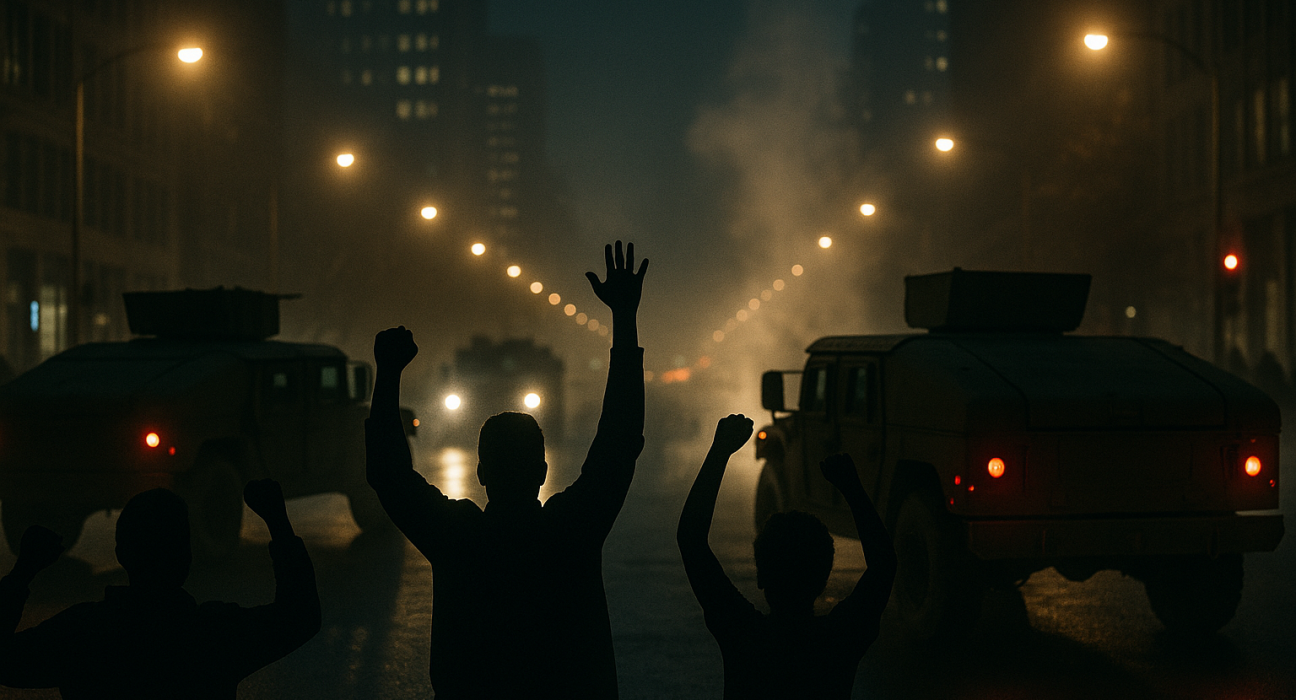
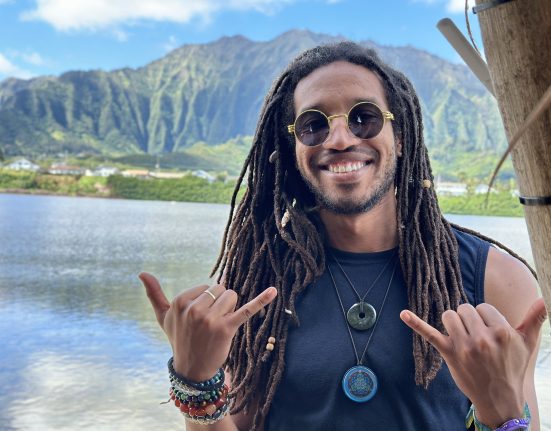

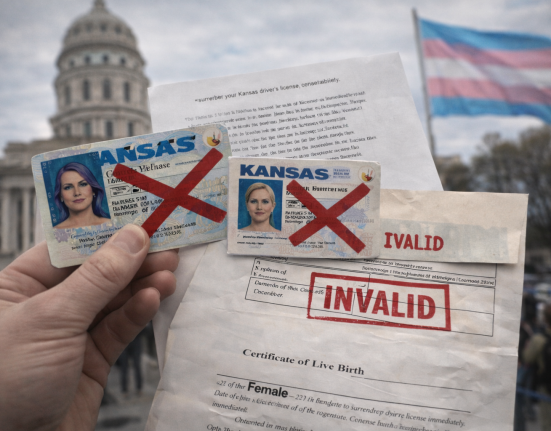
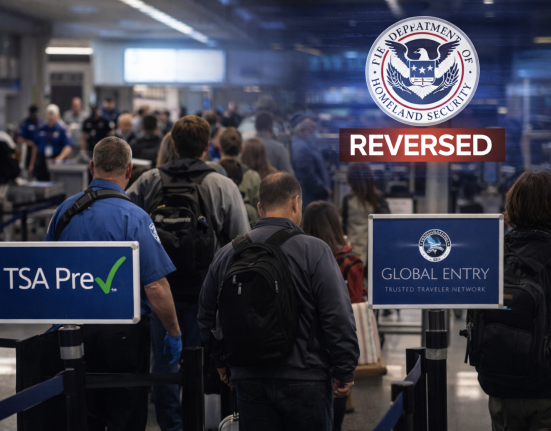
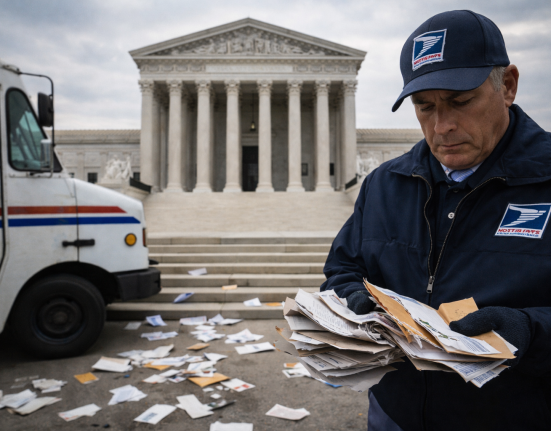
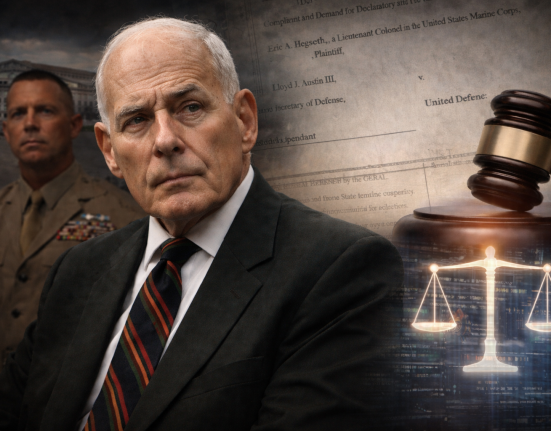
Leave feedback about this
You must be logged in to post a comment.